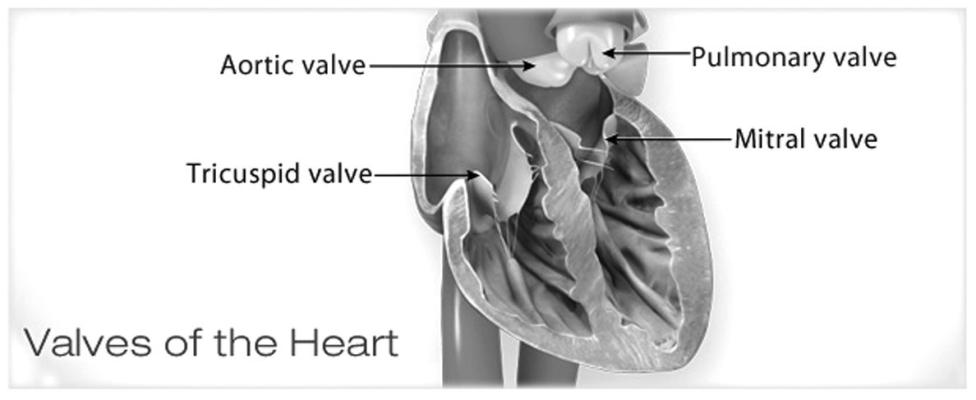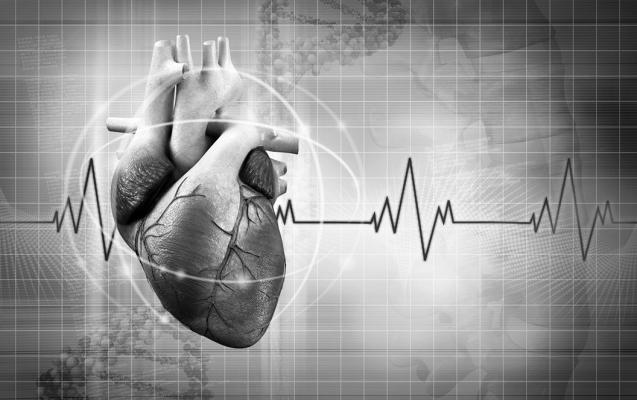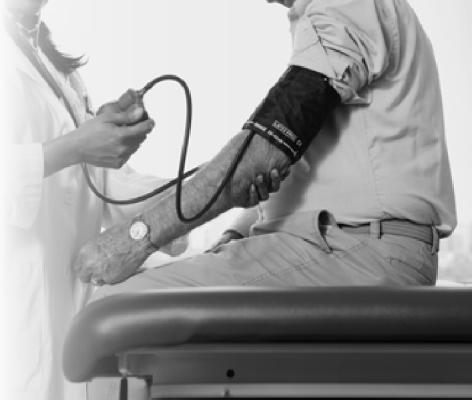What to do after being diagnosed with high blood pressure
Body
Hypertension, a condition marked by abnormally high blood pressure, is more common than many people may recognize. A 2021 report from the U.S. Department of Health and Human Services indicated that nearly half of adults in the United States, or roughly 116 million people, have hypertension. And hypertension isn’t exclusive to Americans, as the World Health Organization notes that the number of people living with the condition has doubled to 1.28 billion since 1990.






